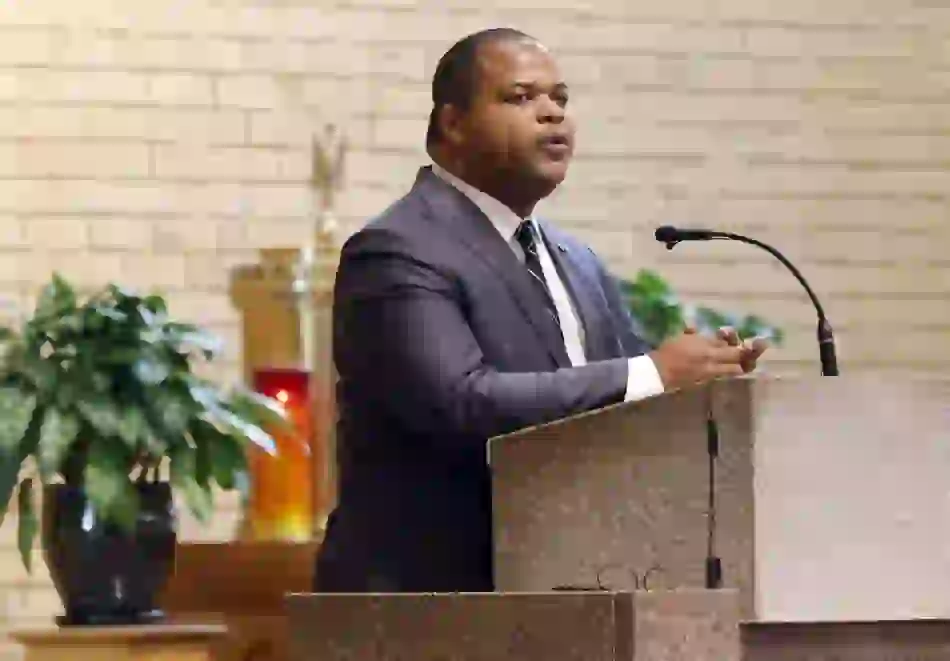Background:
Dallas Mayor Eric Johnson made headlines in September 2023 when he announced his switch from the Democratic Party to the Republican Party. This transition was significant, as it made Dallas the largest city in the United States with a Republican mayor. Johnson had served as a Democrat in the Texas House of Representatives for over a decade before becoming mayor in 2019. His decision to change party affiliation during his tenure has sparked debate and speculation about the broader implications for Texas politics.
The Decision:
Johnson explained that his decision was driven by ideological alignment with the Republican Party on key issues such as law enforcement, fiscal conservatism, and social values. He emphasized his dissatisfaction with the Democratic Party’s approach to urban governance, citing rising crime rates and fiscal mismanagement in major cities across the country.
In an op-ed, Johnson argued that Republican policies better addressed the challenges faced by urban areas, such as public safety and economic growth. He pointed to successes in other Republican-led states and cities, suggesting that Dallas could serve as a model for balancing conservative principles with urban needs.
Reactions and Implications:
Johnson’s decision was met with mixed reactions. Texas Governor Greg Abbott and other prominent Republicans welcomed the move, viewing it as a sign of the GOP’s growing influence in traditionally Democratic urban centers. Abbott called Johnson’s shift a “monumental moment” for Texas politics.
However, Democratic leaders were critical of the decision, accusing Johnson of abandoning the values he previously championed. Some questioned the timing of his switch, noting that he is term-limited and will not run for re-election. Critics also raised concerns about whether his new affiliation would affect the delivery of services and policy decisions in Dallas.
Broader Trends:
Johnson’s party switch reflects a larger trend of political realignment in Texas, a state that has long been a Republican stronghold but has seen increasing competition from Democrats in recent years. While urban areas like Dallas, Houston, and Austin have leaned Democratic, Johnson’s move raises questions about the future of partisan divides in these regions.
This shift could have implications for the upcoming 2024 elections, particularly as the Republican Party seeks to broaden its appeal among minority voters and urban residents. It also highlights the challenges faced by Democrats in addressing issues like public safety and economic inequality, which have become focal points for voters.
Conclusion:
As Johnson continues his term, his policies and decisions will be closely watched to determine whether his alignment with the Republican Party results in tangible improvements for Dallas. His move also serves as a reminder of the evolving political dynamics in Texas and the importance of addressing voter concerns across party lines.










